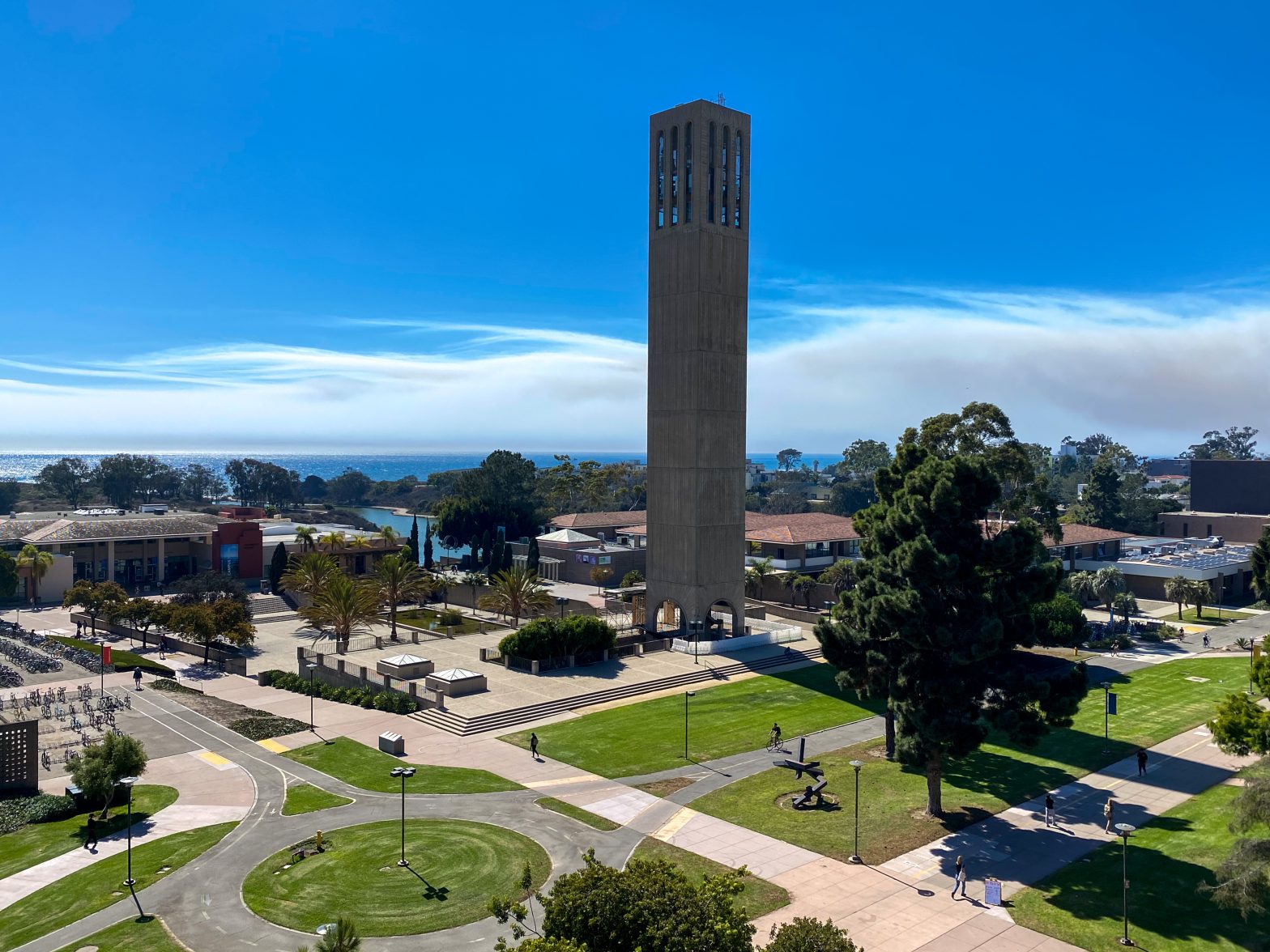UC Strike Felt Nationwide by Underpaid, Overworked Contingent Faculty
COMMENTARY

Tens of thousands of University of California employees held out for higher pay and better working conditions after 48,000 teaching assistants, postdocs, researchers and graders went on strike — the largest in the history of higher education. While the UC system and union negotiators have finally come to a compromise after nearly six weeks, the plight of these student workers has drawn attention to the injustices faced by contingent faculty educators across the country.
Inadequate compensation, subpar benefits and tenuous job security are among the greatest concerns for contingent faculty, those who teach without the safety net of tenure status, which now make up nearly 75% of all higher education faculty.
According to a recent Chegg survey among contingent faculty, 38% of respondents said they are concerned about low wages and stressed the need for higher-paying positions. With the cost of tuition constantly rising for students, it is obvious this money is not being reallocated to those who are responsible for the vast majority of the higher education students receive. And without the protection of tenure, it’s unsurprising these employees feel disadvantaged and exploited.
In comparison to tenured professors, contingent faculty offer universities a cheaper source of labor, often with few benefits and fewer stipulations when it comes to hiring and firing at will. In fact, a recent report from the American Federation of Teachers found less than half of adjunct professors had access to employer-provided health insurance and only 20% reported being able to comfortably cover their monthly expenses.
Similarly, some of those who participated in the UC strike report spending well over a third of their income on rent and are forced to go to extreme lengths to supplement their income, some even resorting to donating blood plasma several times a month to earn an extra $200.
If contingent faculty can barely afford to live and are constantly seeking other ways to earn an income, they can’t focus on the work they’re hired to do in the first place. Many graduate students, teaching assistants, researchers and lecturers do a large bulk of teaching and research. Yet they often aren’t paid well enough to live near campus or survive on a single income, limiting the time they need to adequately prepare and deliver for students, or focus on completing their own educational endeavors.
While the UC system and striking graduate student workers were able to come to a successful compromise, the inequities among contingent faculty continue to plague colleges both inside and outside of California. As we wait to see how these negotiations influence the broader system, it’s without a doubt that this situation illuminates for all higher education the need to take a serious look at the unsustainable labor model and its impacts on both educators and the students they serve.
Dr. Sondra Cosgrove is a History professor at the College of Southern Nevada. In addition to teaching, Sondra works with the CSN Women’s Alliance to promote diversity, equity and inclusion, and is the executive director and board chair for Vote Nevada, a new civic engagement nonprofit that promotes civic participation, legislative advocacy and advancing civil rights. Sondra can be reached on LinkedIn or Twitter.
























